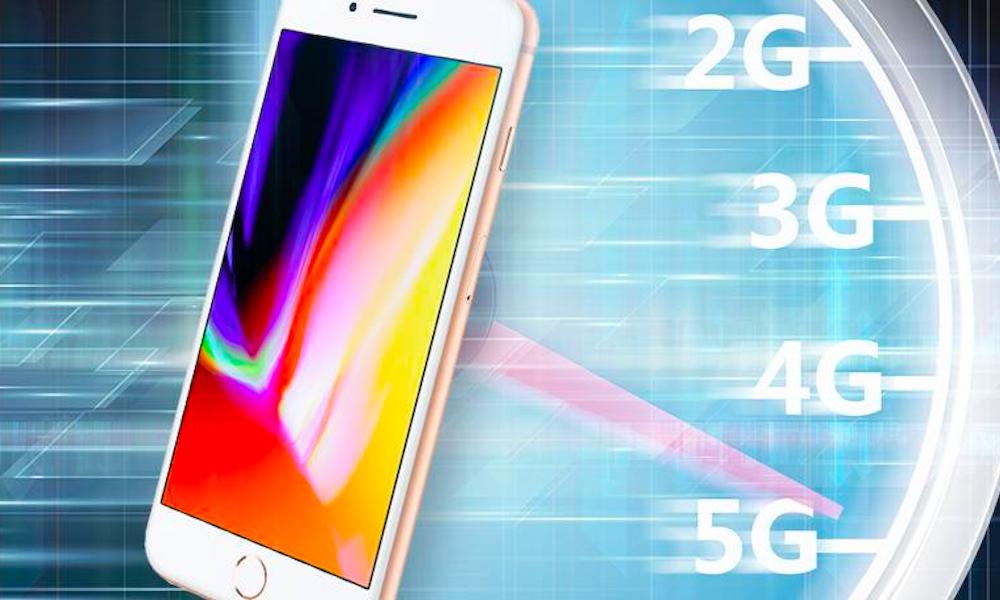iPhone Rumored to Receive LTE Upgrade Next Year, 5G By 2020

Toggle Dark Mode
Apple’s flagship iPhone lineup will be getting a boost to LTE speeds next year, with an even bigger upgrade expected to hit Apple’s smartphones in 2019 or 2020, according to several separate but related reports published this week.
iPhone LTE Boost in 2018
The next generation of Apple iPhone — to be released in 2018 — is likely to sport Intel’s XMM 7560 and Qualcomm’s Snapdragon X20 modems, renowned Apple analyst Ming-Chi Kuo of KGI Securities forecasted on Friday.
In a research note distributed to clients, Kuo highlighted that both new modem chips will support 4×4 MIMO technology — a significant upgrade over the 2×2 MIMO included in this year’s iPhones. This, Kuo predicts, will result in a significant upgrade to LTE transmission speeds for the 2018 iPhone lineup. In order words, owners of the new iPhones should see vastly improved coverage and cellular speeds.
“We believe that 2H18 new iPhones will upgrade baseband chips from Intel’s XMM 7480 and Qualcomm’s MDM 9655 in 2H17 to Intel’s XMM 7560 and Qualcomm’s SDX 20,” Kuo wrote. He added that KGI Securities anticipates Intel will supply up to 70 to 80 percent or more of Apple’s modem orders next year.
In addition, Kuo said that his firm predicts that “at least one” of the new iPhone models in 2018 will support dual-SIM dual standby (DSDS) and LTE+LTE connections. Basically, they’ll be able to support two active SIM cards with only one set of chips. Though, at this point, it’s not currently known if the new iPhones will sport a dual SIM card slot or if one SIM will be embedded into the device.
5G By 2020
In addition to next year’s incremental upgrades, Apple is aiming to release a 5G iPhone in either 2019 or 2020, a source with knowledge of the company’s plans told Fast Company.
The source said that Apple is heavily leaning toward Intel’s future modem chips for its 5G iPhones. While Cupertino’s engineers have been “engaged” with counterparts at Intel for early work on 5G technology, the source said that dialog between Apple and chipmaking juggernaut Qualcomm has been “limited” (probably due to the legal standoff between the two companies).
Thus far, Intel has fallen behind Qualcomm in the modern modem industry, but that’s likely to change if it scores Apple’s business for the first 5G iPhone. While Qualcomm’s 5G chips carry more specialized features, Fast Company’s source indicates that most of those features will remain unused by carriers. Because of that, Apple believes Intel’s technology is a better fit for its flagship smartphone.
Notably, Intel wrote in a press release today that it had successfully completed a full end-to-end 5G call based on its early 5G silicon. That’s a “key milestone” in its 5G development. Intel’s chips should arrive in the market by 2019 — which aligns with Apple’s 5G plans.
5G is the next generation of broadband cellular connections, and a 5G iPhone would be capable of connection speeds up to a gigabit per second. That type of speed will revolutionize the tech industry and will forever change the way people use computers and other devices.
[The information provided in this article has NOT been confirmed by Apple and may be speculation. Provided details may not be factual. Take all rumors, tech or otherwise, with a grain of salt.]






